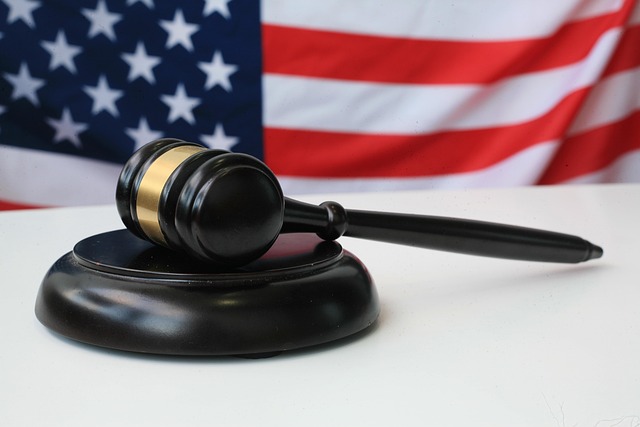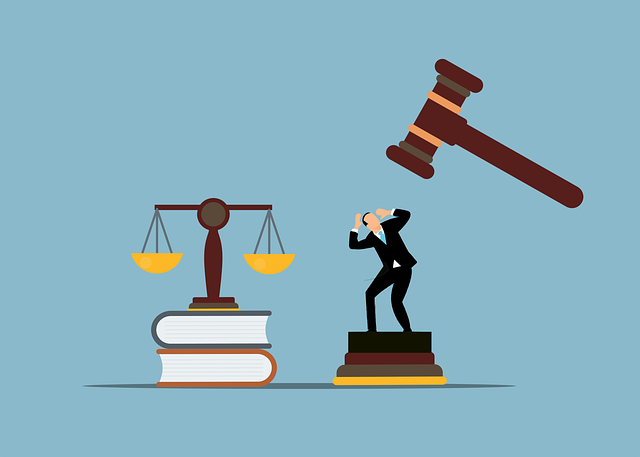Environmental crime trials present complex legal challenges, demanding a deep understanding of environmental regulations and criminal law. Specialized attorneys help resolve disputes, ensure corporate accountability, and protect affected communities. Strategic planning, comprehensive documentation, and effective communication are key to favorable outcomes. International laws provide a global framework for holding multinational corporations accountable, significantly impacting case outcomes. Understanding these frameworks can lead to successful verdicts for both businesses and individuals.
Environmental Crime Trials delve into the legal complexities of holding corporations accountable for ecological damages. This article explores key aspects of these trials from a legal standpoint, focusing on understanding the process, strategies for business dispute resolution, and the global impact of international laws in addressing corporate environmental crimes.
Learn how to navigate these challenges, especially when it comes to How to Resolve Business Partner Disputes stemming from ecological transgressions.
- Understanding Environmental Crime Trials: A Legal Perspective
- Strategies for Business Disputes: Evidence and Legal Frameworks
- The Role of International Laws in Resolving Corporate Environmental Crimes
Understanding Environmental Crime Trials: A Legal Perspective
Environmental Crime Trials present a unique legal challenge, demanding a comprehensive understanding of both environmental regulations and criminal law. These trials often involve complex issues, from pollution causes to the impact on local communities and ecosystems. The process starts with identifying the crime, which can range from illegal dumping to corporate fraud related to environmental degradation. Legal professionals play a crucial role in these cases, guiding clients through all stages of the investigative and enforcement process.
For his clients, it’s essential to have attorneys who specialize in this domain, as environmental law is intricate. By navigating these complexities, legal experts ensure that businesses are held accountable while also protecting the rights of philanthropic and political communities impacted by such crimes. The goal is to resolve business partner disputes fairly and foster a culture of environmental responsibility, ensuring justice for both nature and society at large.
Strategies for Business Disputes: Evidence and Legal Frameworks
When it comes to environmental crime trials involving business disputes, understanding how to navigate evidence and legal frameworks is paramount for achieving favorable outcomes. In such cases, strategic planning is essential. Businesses accused of ecological infractions should gather comprehensive documentation, including internal records, expert opinions, and relevant data that can either exonerate them or bolster their defense. This includes demonstrating due diligence in adhering to environmental regulations.
The legal landscape for these trials often involves complex statutes and regulations. A robust defense strategy may include challenging the admissibility of evidence, questioning the interpretation of laws, and presenting alternative explanations for any alleged violations. Jurors play a crucial role, and effective communication of the facts and legal arguments can sway their decisions. A well-prepared case that highlights the client’s commitment to environmental stewardship could lead to a complete dismissal of all charges or winning challenging defense verdicts, ultimately determining the future of the business in question.
The Role of International Laws in Resolving Corporate Environmental Crimes
International laws play a pivotal role in resolving corporate environmental crimes, offering a framework to hold businesses accountable for their actions. These laws are designed to address transboundary issues and ensure consistent environmental standards globally. By establishing guidelines for responsible business conduct, international treaties empower nations to take action against polluters, regardless of their location. This is crucial in an era where businesses operate across borders, as it allows for a coordinated response to environmental harm.
When navigating complex cases involving multinational corporations, understanding and adhering to these international laws can significantly impact the outcome. Legal strategies that leverage this framework have proven effective in securing winning challenging defense verdicts for both corporate and individual clients. The process involves all stages of the investigative and enforcement process, from initial assessments to final resolutions, ensuring a fair and transparent approach to environmental crime trials.
Environmental crime trials are complex legal battles that require a deep understanding of international laws and robust evidence collection. As seen through the lens of business disputes, these cases demand strategic navigation through intricate legal frameworks. By leveraging strong evidence and adhering to global environmental regulations, businesses can effectively resolve partner disagreements related to ecological misconduct. This ensures not only justice but also fosters sustainable practices for a greener future. To mitigate such conflicts, understanding both local and international laws, as explored in this article, is key for businesses aiming to protect their reputation and contribute positively to the environment.






